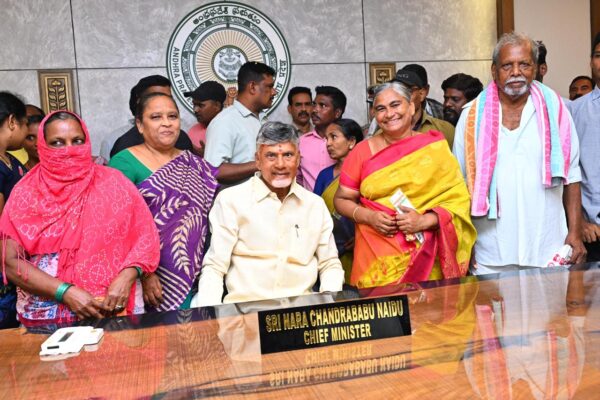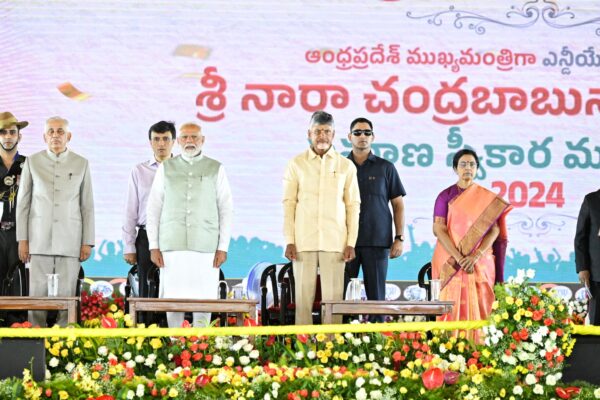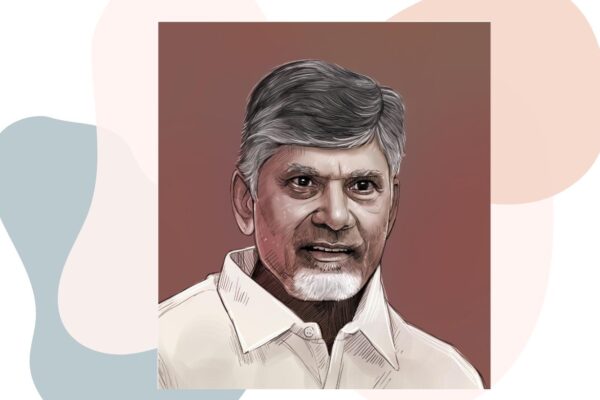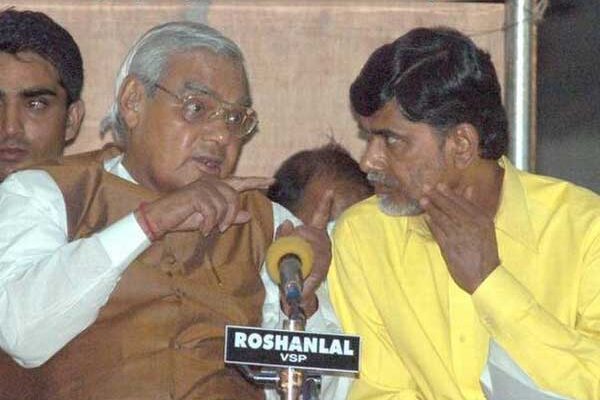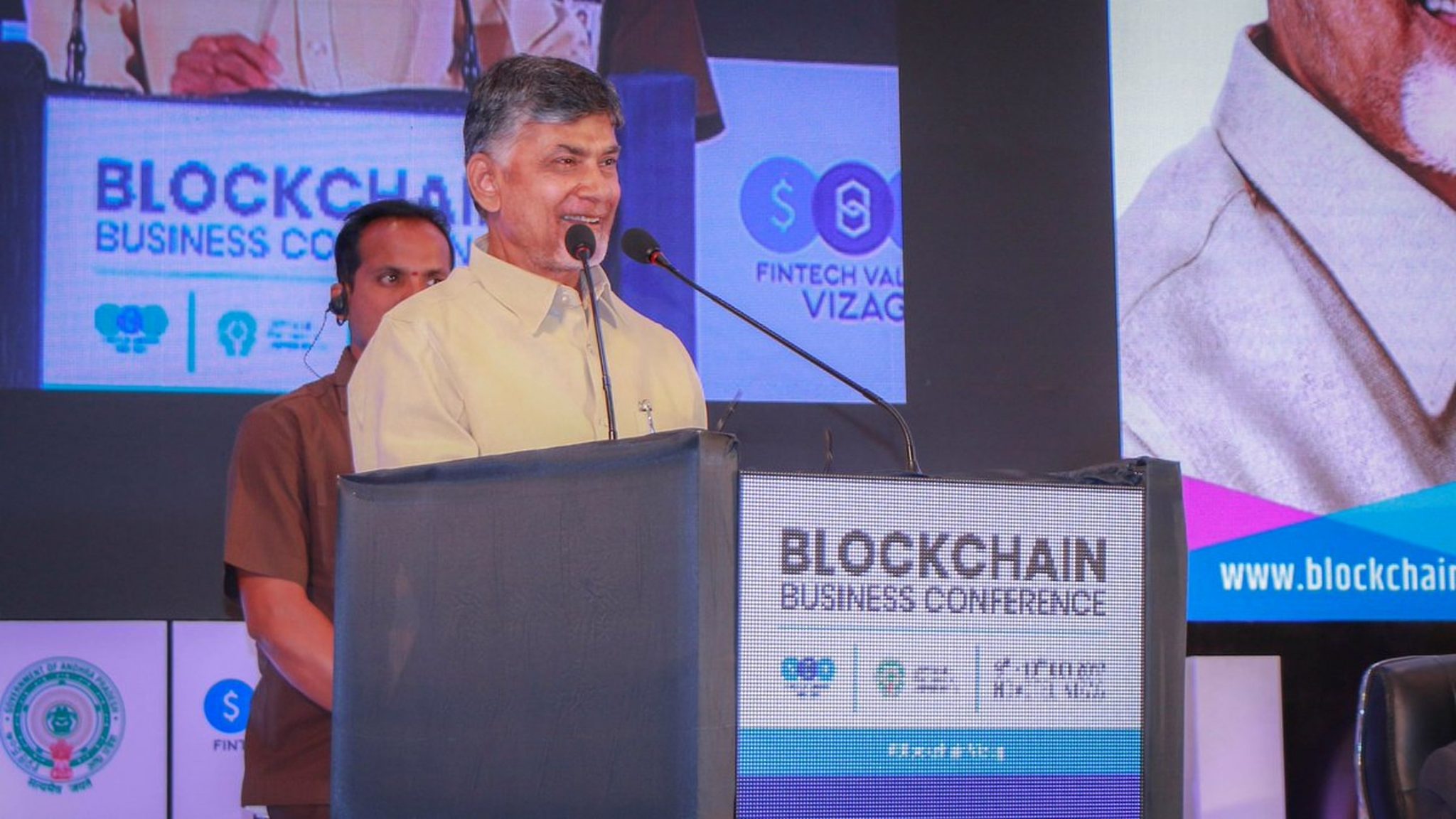
Smitha Singh | March 17, 2018
After changing Hyderabad into an IT hub which houses India’s Google and Facebook headquarters, Andhra Pradesh chief minister Chandrababu Naidu now aims to transform Vizag to a world-class fintech ecosystem bringing government, academia, corporates, investors, entrepreneurs together. In 2016, Naidu announced an ambitious FinTech Valley Vizag plan.
That makes Andhra Pradesh the first state in the country to introduce pilot projects for the departments of civil supplies and land records in order to protect data of subsidies and land ownership from cyber attacks. Similarly, the technology is used in transport department to streamline titles of the vehicles.
“I want to make Visakhapatnam not only India’s capital for FinTech or blockchain technologies, it will be centre of excellence for the global community,” Naidu said at a blockchain business conference held last year.
The FinTech Valley Vizag aims to create 5 lakh jobs by 2020. As of 2017, the Valley Vizag has created over 5,500 jobs and has attracted $900 million in investment.
Naidu also plans to make the Andhra Pradesh a cashless state. Soon after demonetisation, he has been encouraging people to adopt cashless models of transactions. The state had launched the AP Purse mobile application, linked with 13 mobile banking and 10 mobile wallets, which are also linked with Aadhaar.
In collaboration with a Sweden-based startup ChromaWay, AP government is building a ledger system tracking digital information that will allow people to collatarise property.
To increase the efficiency further, it also partnered with a Visakhapatnam-based firm for dealing with land records. The state government has so far secured more than 1,00,000 land records through Zebi Data. “We will authenticate the credentials of users, allow them to access the records and give them a certificate. No one can tamper with the database. The buyers, too, can access relevant information on registering with their credentials,” Babu Munagala, founder and CEO at Zebi Data India said.
Vizag has also collaborated with Covalent Fund to develop India-focused blockchain stack. With the help of Velugu Core government will be able to access data through APIs. Later, it will let developers create a range of apps based on the available information. Last year, it has also partnered with KPMG to develop a high potential ecosystem in Vizag.
Recently, the state government has signed a MoU with Malaysia-based cryptocurrency player Belfrics Global to set up an academy in Vizag with Gitam University and for application of blockchain in several government operations. Earlier this month, the government also signed a MoU with New York-based ConsenSys to establish the first Indian cohort of ConsenSys Recently, the state government has signed a MoU with Malaysia-based cryptocurrency player Belfrics Global to set up an academy in Vizag with Gitam University and for application of blockchain in several government operations. Earlier this month, the government also signed a MoU with New York-based ConsenSys to establish the first Indian cohort of ConsenSys Education.
This year at Davos, the government of Andhra Pradesh signed a MoU with Hitachi. Hitachi will help establish an online governance platform called the Hitachi MGRM Citizen Lifecycle E-Governance in the state.
After Vizag’s initial success in blockchain technology made other states follow suit. Telangana, Maharashtra, Karnataka and Kerala have also supported the technology and announced pilot projects to ramp up e-governance transparency.
The Central government can take a note out of Andhra’s success to adopt blockchain technology. Bringing blockchain technology into the mainstream will give a boost Digital India initiative, which currently lags far behind expectations. The technology will enable paperless governance with permissions, licences, services and transactions being managed digitally.
(Courtesy: Excerpts from www.analyticsindiamag.com)






